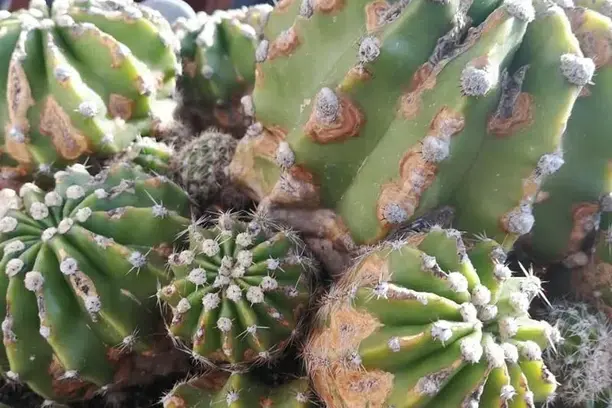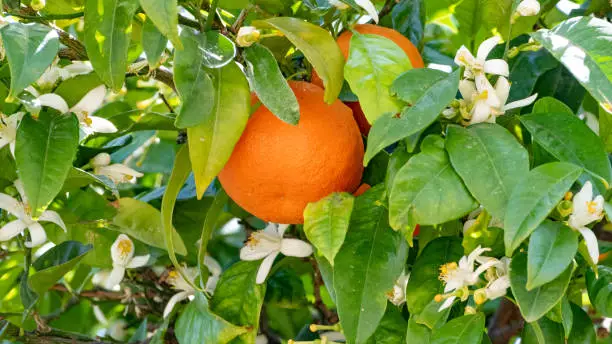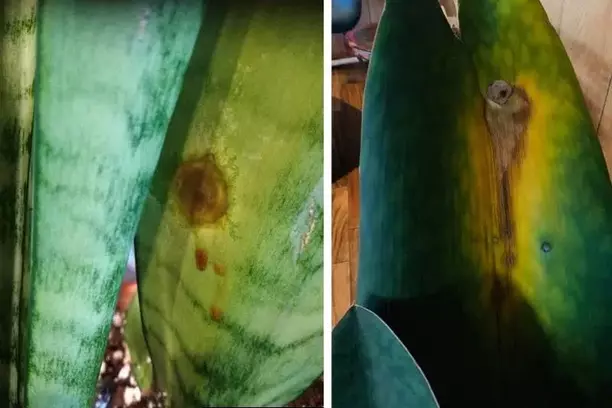When it comes to getting rid of weeds from your garden, you have a long list of options among them using either bleach or vinegar, or both. While both are good options for controlling weeds in the garden, they have their side effects on your plants and the garden as a whole.
Both are harmful to plants and human beings at high concentrations. While their household variants are quite mild, the bleach from your kitchen can kill plants and harm you as well. On the other hand, the vinegar from your kitchen is too weak to kill mature weeds and won’t harm you much.
In the right concentrations, both bleach and vinegar can be used individually or mixed to kill weeds. The problem with using both of them at high concentrations is that they kill all plants without discrimination. Bleach especially makes the land unsuitable for growing anything for months on end. As such, you need to practice lots of care when using these chemicals in your garden.
Bleach vs. vinegar for weeds: Which one is better?
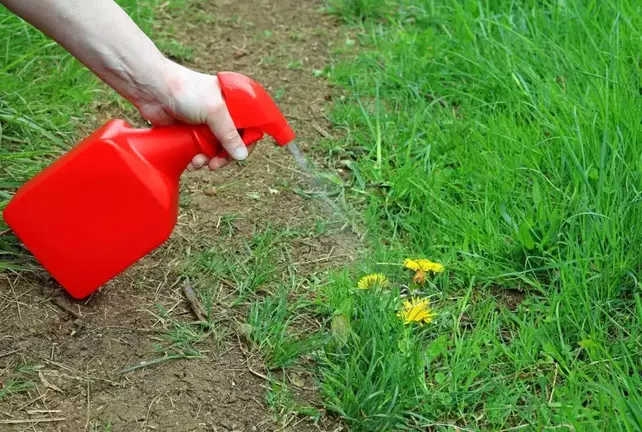
Using bleach and vinegar to control weeds in the soil has its positives and negatives. At the same time, they’re effective against weeds even if for a season, they don’t discriminate which plants to kill and which ones to spare. As such, only apply them to the soil you know doesn’t have other plants of value.
Also, both bleach and vinegar poison the soil and make it impossible to grow plants for a few months at least. Besides killing off plants, they alter the pH of the soil. This has the long-term effect of killing off microorganisms in the soil. It’ll take months for the soil to recover and that’s why you need to be careful when you’re using them.
The other similarity between the two of them is that they can be washed to other areas where you don’t want them to go. For example, they can be washed into pastures, gardens, or water sources. Wherever they’ll be going, they’ll not have positive effects. Care should be taken with each use.
When using either of them, take the following precautions:
- First, protect yourself with gloves on your hands, gumboots, goggles, and a mask. They’re corrosive and have harmful fumes to the user.
- Keep away any animals and children from the area you apply it to.
- Apply them on a dry day without strong winds and with rain at least 48 hours away. This allows them to seep into the soil and won’t be washed away easily.
- Don’t spray or apply them close to sources of water or any marine life. They’re also not to be applied close to swimming pools.
- Don’t apply them close to or unto plants you don’t want to get rid of.
- Never mix them with other chemicals since some of their reactions are quite dangerous.
- Only remove the dead weeds at least 2 days after applying the vinegar or bleach.
In applying them, make sure all the parts of the weeds above the soil are covered with bleach or vinegar.
Of the two, bleach is the better weed killer given the extent to which it can kill the weeds. It also stays in the soil for much longer. If, however, you’re looking for a way to kill the weeds without too much harm to the soil, use vinegar but in a moderated concentration that can be washed away with water and doesn’t kill everything else.
Can you mix bleach and vinegar to kill weeds?
The short answer is no: you shouldn’t mix them. Essentially, mixing them will be feeding the plant and trying to kill yourself. Bleach usually has a clear indication warning against mixing it with other chemicals and cleaning agents.
From high school science, we know that mixing a base with acid simply yields salt and water. With bleach being a base and vinegar an acid, their mixture will yield salt and water. But that’s not all with these two. While water and salt aren’t harmful, you shouldn’t be mixing them in the first place.
The reaction between vinegar and bleach yields salt and water which won’t do anything to your weeds. It’ll be equal to giving them water and nutrients since the salt formed is sodium chloride. Salt needs to be in very high concentrations to kill weeds. Beyond that, they also produce chlorine gas, one of the most dangerous gases.
Is vinegar a permanent weed killer?
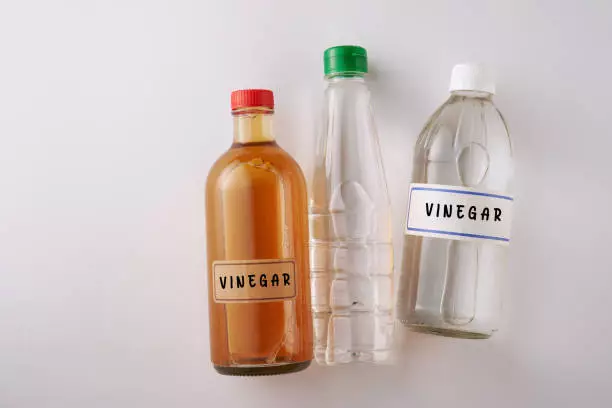
Vinegar is made of acetic acid at different concentrations. Household vinegar is about 5% acetic acid that’s why it can’t harm you when it pours unto your skin. It can, however, work on small and young weeds by killing off the leaves and stems but not the roots.
The problem with household vinegar is that most mature and perennial weeds grow either from their roots or seeds in the soil. After a while, they’re likely to come back as if they weren’t killed off.
The solution comes in the form of commercial herbicides made of vinegar. These contain about 20 to 25 percent acetic acid. These are more acetic acid than vinegar and are labeled as such. While they’re effective against weeds, such herbicides are also harmful to you the user given the high concentration of the acid. As little as 11% acetic acid concentration is harmful to humans. It’ll burn your eyes and skin.
Does bleach kill weeds permanently?
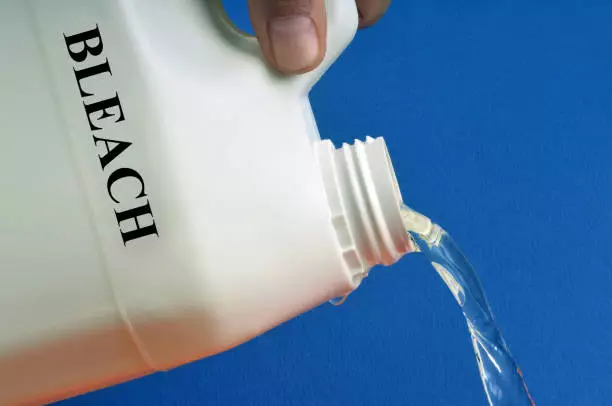
Like vinegar, bleach can kill weeds for a while but isn’t a permanent solution. Compared to vinegar, however, bleach is a longer-term weed killer. You should know that it kills all plants and isn’t selective in any way. The difference with vinegar is that you don’t need bleach in a more concentrated form than the one you have in the kitchen.
Bleach works much like vinegar on weeds and kills the foliage but does little to kill off the roots and the seeds. Perennial weeds will thus easily come back. You should also inquire whether it’s allowed to spray or pour bleach on the soil in your area. Given its level of toxicity, bleach can poison underground water sources and other people’s gardens.
